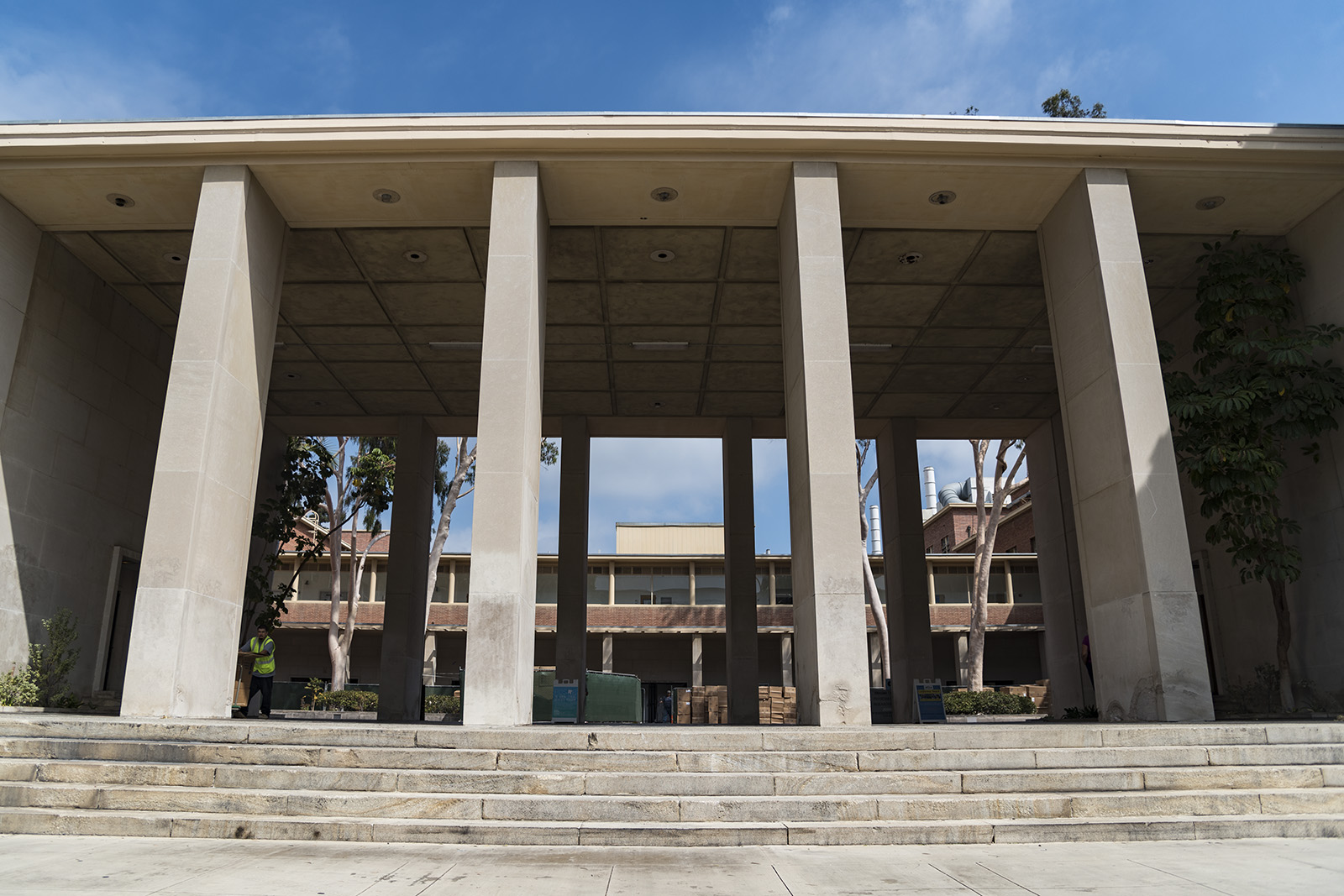UCLA researchers study effects of traumatic events on depression

Researchers at the Staglin Center for cognitive neuroscience examined and compared a group of individuals who said they were disturbed by the 2016 presidential election. (Daily Bruin file photo)
By Emi Nakahara
Feb. 7, 2018 10:54 p.m.
UCLA researchers have found that activity in two regions in the brain, along with social support, may lessen symptoms of depression following a traumatic event.
In a paper published Monday, researchers at the Staglin IMHRO Center for Cognitive Neuroscience examined and compared a group of individuals who said they were disturbed by the 2016 presidential election with another group who said they were unaffected. The researchers found that in both groups, individuals with social support from family and more activity and connectivity in the nucleus accumbens and medial prefrontal cortex regions of the brain exhibited fewer symptoms of depression, according to a press release.
The nucleus accumbens is a region in the brain that responds to rewards and helps protect from symptoms of mental illnesses, like depression. The prefrontal medial cortex is activated when people think of themselves and others in a social context.
The researchers asked participants to describe physical and mental symptoms from thinking about the election, such as nausea or difficulty sleeping, as well as the degree of support from family or friends. The researchers then conducted functional magnetic resonance imaging tests on each participant to examine activity in the nucleus accumbens and medial prefrontal cortex.
Although these two regions of the brain are vulnerable during times of distress, previous studies have shown that individuals with depression have fewer negative psychological symptoms when they have greater connectivity between these two regions. Previous studies have also suggested that social support from family and friends can help lessen negative psychological symptoms after distressing events.
This study built off previous findings and showed that people who were negatively affected by the election and experienced symptoms of depression had little or no social support, and also had less activation in the medial prefrontal cortex and nucleus accumbens regions of the brain.
Researchers said they still do not know how to increase activity in the medial prefrontal cortex and nucleus accumbens to alleviate symptoms of depression, but said they plan to study the specific mechanisms behind the symptoms.


